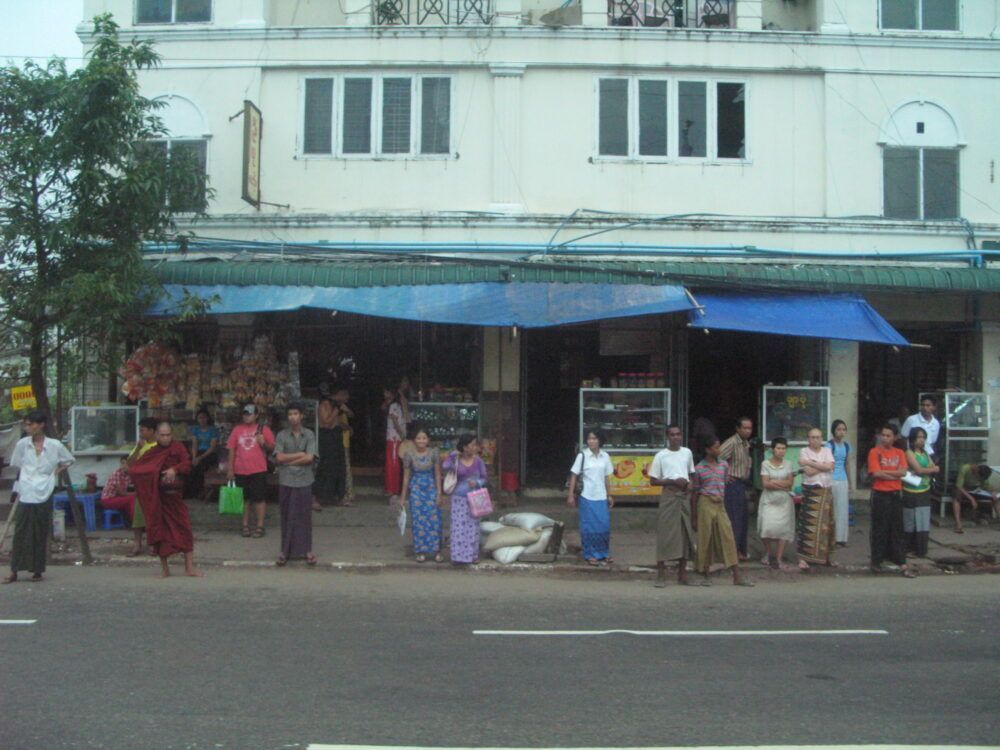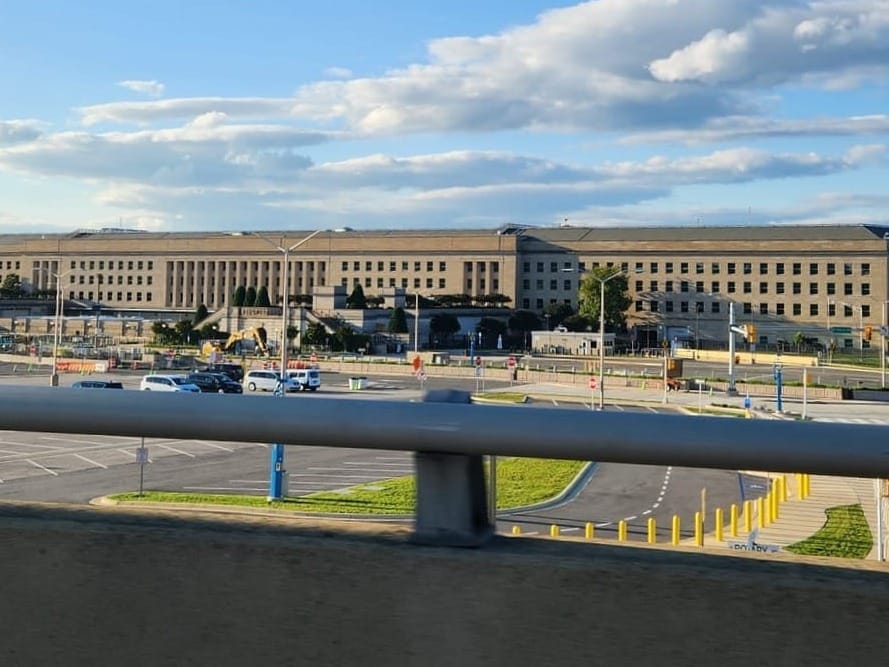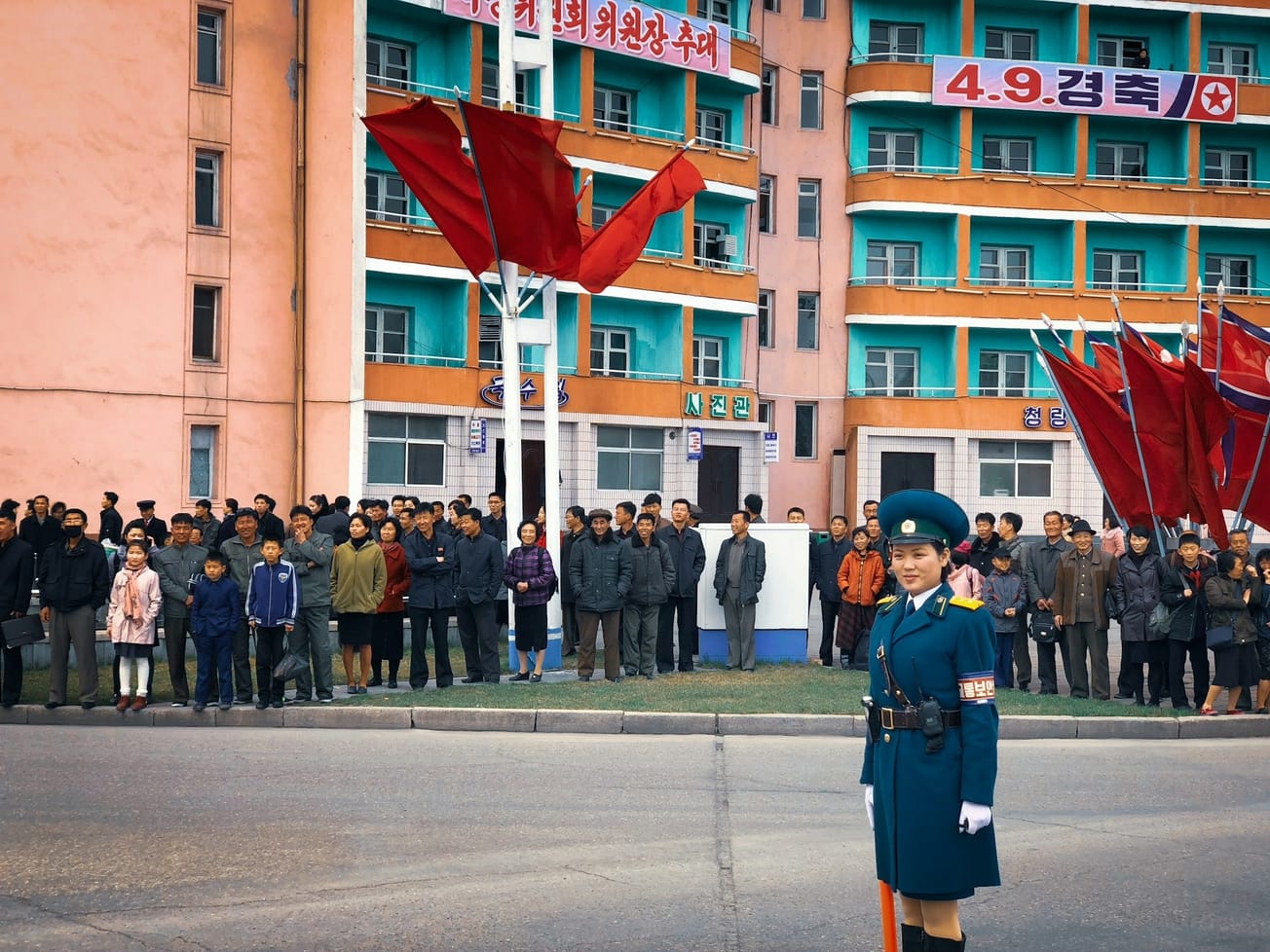Myanmar's government released two Reuters reporters who were held in a notorious prison for more than 500 days because of their Pulitzer Prize-winning investigation into the country’s grave crimes against hundreds of thousands of Rohingya Muslims.
Wa Lone, 33, and Kyaw Soe Oo, 29, both imprisoned for breaking Myanmar's Official Secrets Act over their reporting on security forces' abuses of Rohingya Muslims, were freed on Tuesday after President Win Myint delivered a blanket pardon of 6,520 prisoners, said Zaw Zaw, chief of Yangon’s Insein Prison.









